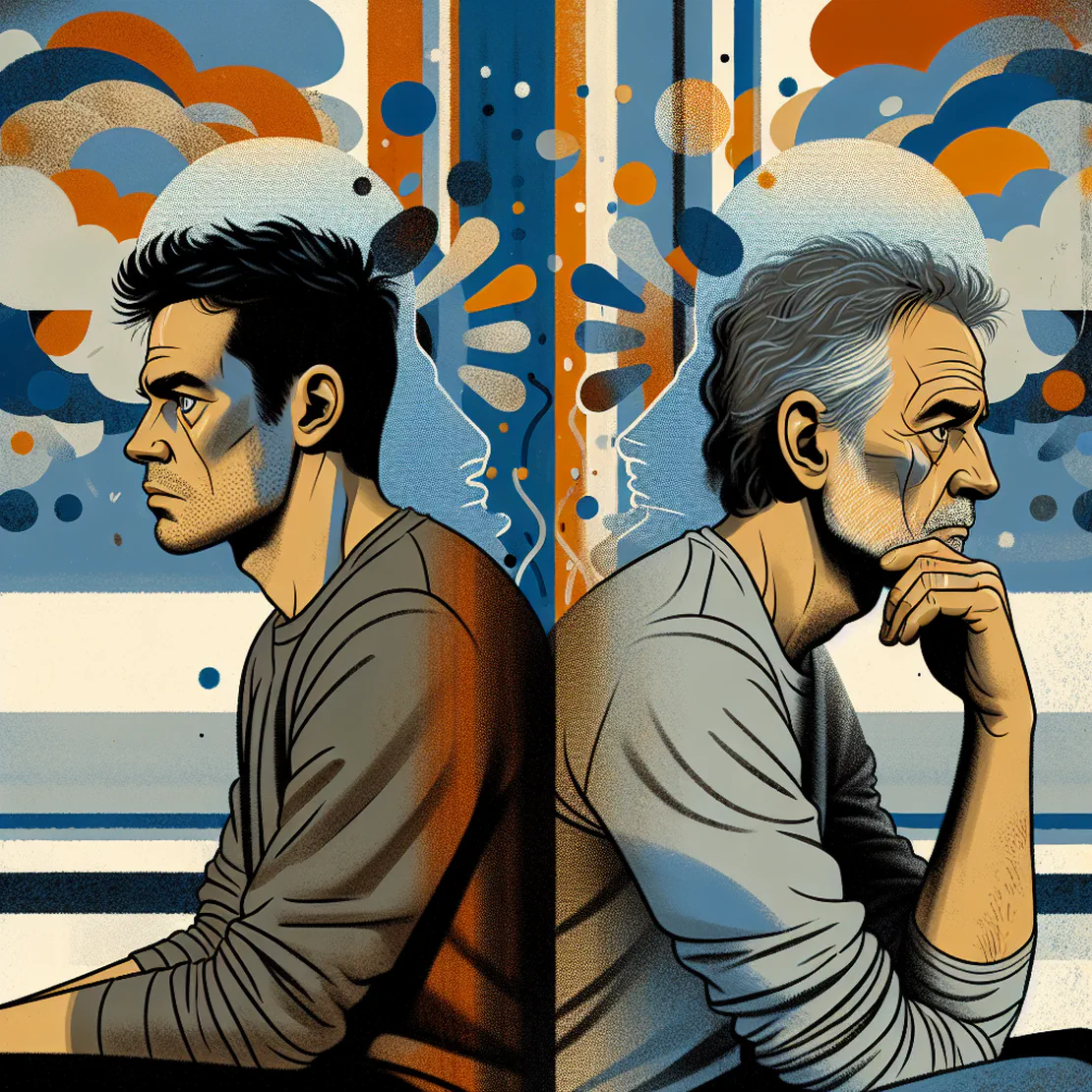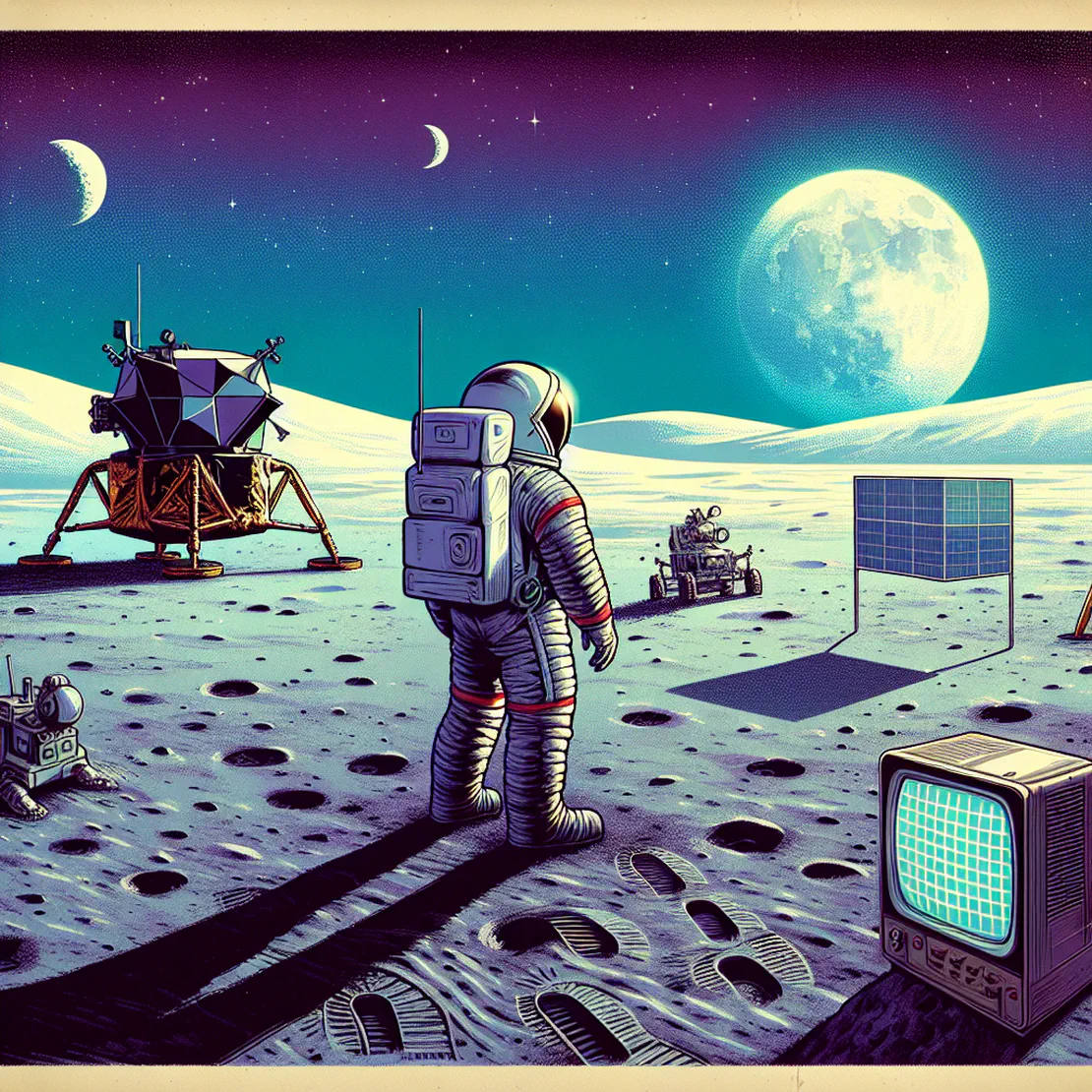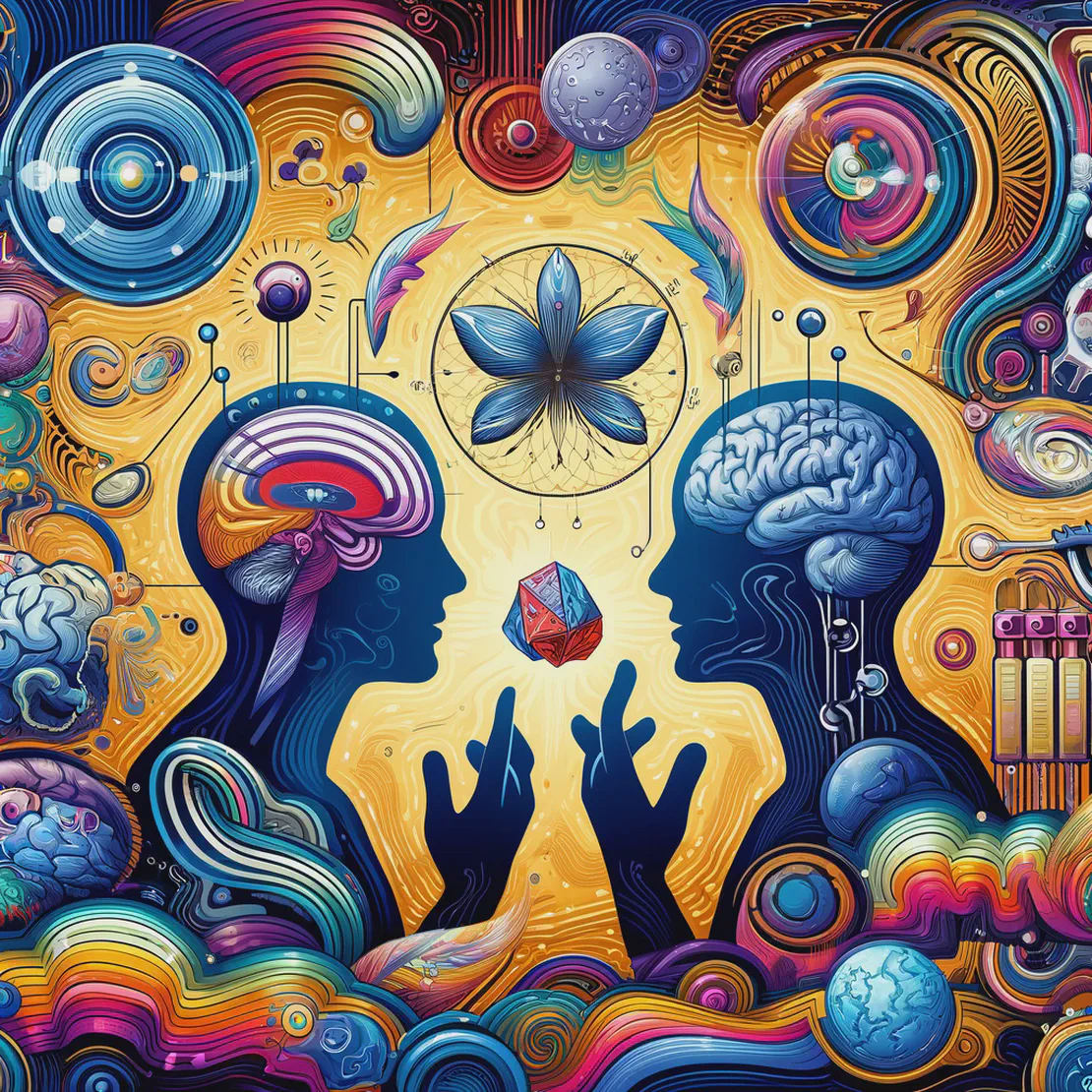
488. Us the Story: Dismantling Partisan Propaganda | Gregg Hurwitz
- The Jordan B. Peterson Podcast
- Politics , Culture , Perspective
- October 10, 2024
Table of Contents
At a Glance
-
Exploration of Cultural Politics - ‘I come into exploration of the culture of politics as a novelist.’ This quote is significant as it introduces the speaker’s unique perspective and methodology in analyzing political culture.
-
Importance of Understanding Multiple Perspectives - ‘It’s important to take care of our environment and ensure we have clean fields and streams, seas and skies.’ This point highlights the consensus on environmental issues across different political spectrums, showing a shared value that transcends partisan divides.
-
Critique of Postmodernism in Academia - ‘The hallmark of postmodernism is disbelief, skepticism regarding uniting metanarratives.’ This is a crucial critique as it addresses the impact of postmodernist thought on social unity and identity politics.
-
Role of Comedians in Society - ‘Comedians… they’re the gargoyles… keeping the enemies and the censors at bay.’ This point is both serious and humorous, underscoring the importance of comedians in challenging societal norms and maintaining freedom of expression.
-
Shared American Values - ‘80 to 100% of Americans agree with the following… I believe in freedom of speech and religion.’ This statistic is important as it reaffirms the strong foundational values that unite Americans despite apparent divisions.
-
Impact of Technology on Society - ‘But right now, the difference is we have this incredibly accelerated rate of tech propagation mind control, so we need some new measures.’ This quote is significant for its serious warning about the pace of technological influence on societal norms and values.
-
Humorous Take on Cultural Perceptions - ‘I think that Jews did, did way they underperformed on warmness, man, because I think Jews are pretty warm, but it’s pretty funny.’ This comment adds a light-hearted moment, reflecting on cultural stereotypes with humor.
-
The Importance of Solidarity and Unity - ‘Our greatest resources are people, and we should invest in rural and urban communities that have been left behind.’ This point emphasizes the need for inclusive growth and support within the nation, highlighting unity and collective progress.
What to Do
-
‘Strengthen the center while maintaining creative exploration’ - Helps in balancing innovation and stability, ensuring that societal progress includes room for new ideas without destabilizing core values.
-
‘Focus on shared American values’ - Encourages unity and understanding by emphasizing common ground, which can help in reducing polarization.
-
‘Address equality of opportunity’ - Aims to ensure that everyone has the chance to succeed based on their abilities and efforts, which can lead to a more equitable and productive society.
-
‘Keep discussions on political and cultural positions process-oriented’ - Helps in making dialogues constructive and focused on how decisions are made rather than merely what decisions are made.
-
‘Educate young people adequately before expecting them to have opinions on complex issues’ - Ensures that individuals are well-informed and mature enough to engage in meaningful discussions about sensitive topics.
-
‘Encourage looking at individuals rather than groups’ - Promotes understanding and reduces stereotypes, leading to more personalized and less prejudiced interactions.
-
‘Counter polarization and work towards shared values’ - Aims to bridge divides and build a more cohesive society by focusing on what unites people rather than what divides them.
What to Get
Summary
This podcast episode dives deep into the complex dynamics of American politics, culture, and the intersection of technology and society. The conversation traverses a range of topics, emphasizing the importance of maintaining a balanced and stable center in political and cultural domains to allow for creative and experimental freedom without societal collapse.
One of the focal points of the discussion is the challenge of navigating through an increasingly polarized political landscape. The speakers discuss strategies to strengthen the political center, advocating for a movement away from extreme partisan divisions towards a more united and collaborative approach. They reflect on historical examples and current scenarios where central stability has allowed for artistic and technological innovation and growth.
The conversation also touches on the role of technology in shaping cultural and political perceptions. Concerns are discussed about the dominance of progressive voices in the arts and how this might limit creative freedom and the quality of cultural production. The speakers argue for a balanced approach where neither side of the political spectrum overwhelms the other, to prevent cultural stagnation or regression.
Moreover, the episode delves into the implications of digital media and social platforms on public discourse. The speakers express apprehension about how algorithms and social media can distort perceptions and amplify divisions, suggesting the need for more regulated and transparent operations of these platforms to safeguard a healthy public discourse.
The discussion encapsulates a broad consensus on the need for shared American values and the pursuit of strategies that foster unity, emphasizing equality of opportunity over equality of outcome, and the nurturing of a cultural environment that supports both stable governance and vibrant experimentation. This episode provides a rich exploration of the delicate balance required to maintain a thriving society in the face of rapid technological change and deep ideological differences.


